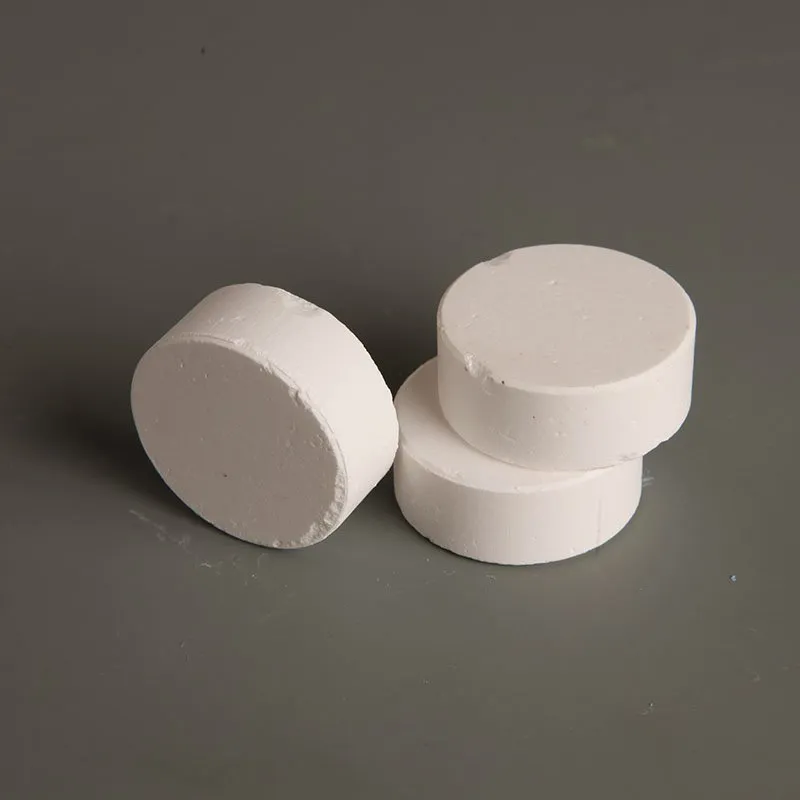



sodium hydrogen sulphate formula
Understanding Sodium Hydrogen Sulphate Its Formula, Properties, and Applications
Sodium hydrogen sulphate, commonly known as sodium bisulphate, is a chemical compound with the formula NaHSO₄. This compound plays a significant role in various industries, including food processing, chemical manufacturing, and water treatment. In this article, we will delve into the structure, properties, and various applications of sodium hydrogen sulphate.
Chemical Structure and Properties
The chemical formula NaHSO₄ indicates that sodium hydrogen sulphate consists of sodium (Na), hydrogen (H), sulfur (S), and oxygen (O) atoms. The molecule is organized in such a way that sodium is cationic, while the hydrogen sulphate anion (HSO₄⁻) is a polyatomic ion. The presence of both sodium and the hydrogen sulphate anion suggests that sodium bisulphate is a salt derived from a strong acid, sulphuric acid (H₂SO₄), and a strong base, sodium hydroxide (NaOH).
Sodium hydrogen sulphate is typically encountered as a white, crystalline powder, which is hygroscopic in nature, meaning it can absorb moisture from the environment. Soluble in water, the compound dissociates to release hydrogen ions (H⁺) and bisulphate ions (HSO₄⁻). This property makes it acidic in solution, with a pH of around 1.5 to 2.5 when dissolved in water, depending on the concentration.
Production Methods
Sodium hydrogen sulphate can be produced through various methods. One common method is the reaction of sodium hydroxide or sodium carbonate with sulphuric acid. In industrial settings, it is often produced as a by-product of the chloralkali process, where sodium chloride (table salt) is processed to produce chlorine gas and sodium hydroxide. When sulphuric acid is introduced, sodium hydrogen sulphate can be formed.
Applications
Sodium hydrogen sulphate finds numerous applications in different fields
1. pH Regulation In swimming pools, sodium bisulphate is widely used as a pH reducer. Maintaining the proper pH level in swimming pools is crucial for water quality and the health of swimmers. It helps to prevent irritation to the skin and eyes caused by chlorine, which is often used to disinfect pool water.
sodium hydrogen sulphate formula

2. Food Industry Sodium hydrogen sulphate serves as a food additive, particularly as a preservative and acidity regulator in various food products. Its ability to maintain acidity and inhibit microbial growth makes it valuable in processed foods and beverages.
3. Cleaning Products Due to its acidic nature, sodium bisulphate is a common ingredient in household and industrial cleaning products. It effectively removes mineral deposits, rust, and other difficult stains, making it a popular choice for cleaning agents.
4. Chemical Manufacturing Sodium hydrogen sulphate is used in the manufacturing of other chemicals, including dyes, pharmaceuticals, and surfactants. It acts as a catalyst in certain chemical reactions, facilitating the production of desired compounds.
5. Laboratory Uses In analytical chemistry, sodium bisulphate is used to adjust the pH of solutions and to perform various reactions, particularly in the synthesis and characterization of other chemicals.
6. Water Treatment In the environmental sector, sodium hydrogen sulphate can be used to neutralize alkaline water and adjust pH levels in wastewater treatment processes. This is essential for effective treatment and compliance with environmental standards.
Safety and Environmental Impact
While sodium hydrogen sulphate is generally considered safe when used in recommended quantities, it can be irritating to the skin, eyes, and respiratory tract. Appropriate handling and safety precautions, such as wearing gloves and masks, should be observed to prevent exposure.
Moreover, the environmental impact of sodium bisulphate is relatively low compared to other industrial chemicals. When used responsibly, it poses minimal risk to ecosystems, although care should still be taken to avoid excessive discharge into water bodies.
Conclusion
Sodium hydrogen sulphate (NaHSO₄) is a versatile compound with a wide range of applications across various industries. Its unique properties, derived from its acidic nature and solubility, make it effective for pH regulation, cleaning, and as a food additive. As demand for effective and safe chemical solutions continues to rise, sodium bisulphate is likely to maintain its significance in both industrial and household applications. Understanding the characteristics and uses of this compound is essential for leveraging its benefits while ensuring safety and environmental protection.
-
Why Sodium Persulfate Is Everywhere NowNewsJul.07,2025
-
Why Polyacrylamide Is in High DemandNewsJul.07,2025
-
Understanding Paint Chemicals and Their ApplicationsNewsJul.07,2025
-
Smart Use Of Mining ChemicalsNewsJul.07,2025
-
Practical Uses of Potassium MonopersulfateNewsJul.07,2025
-
Agrochemicals In Real FarmingNewsJul.07,2025
-
Sodium Chlorite Hot UsesNewsJul.01,2025










